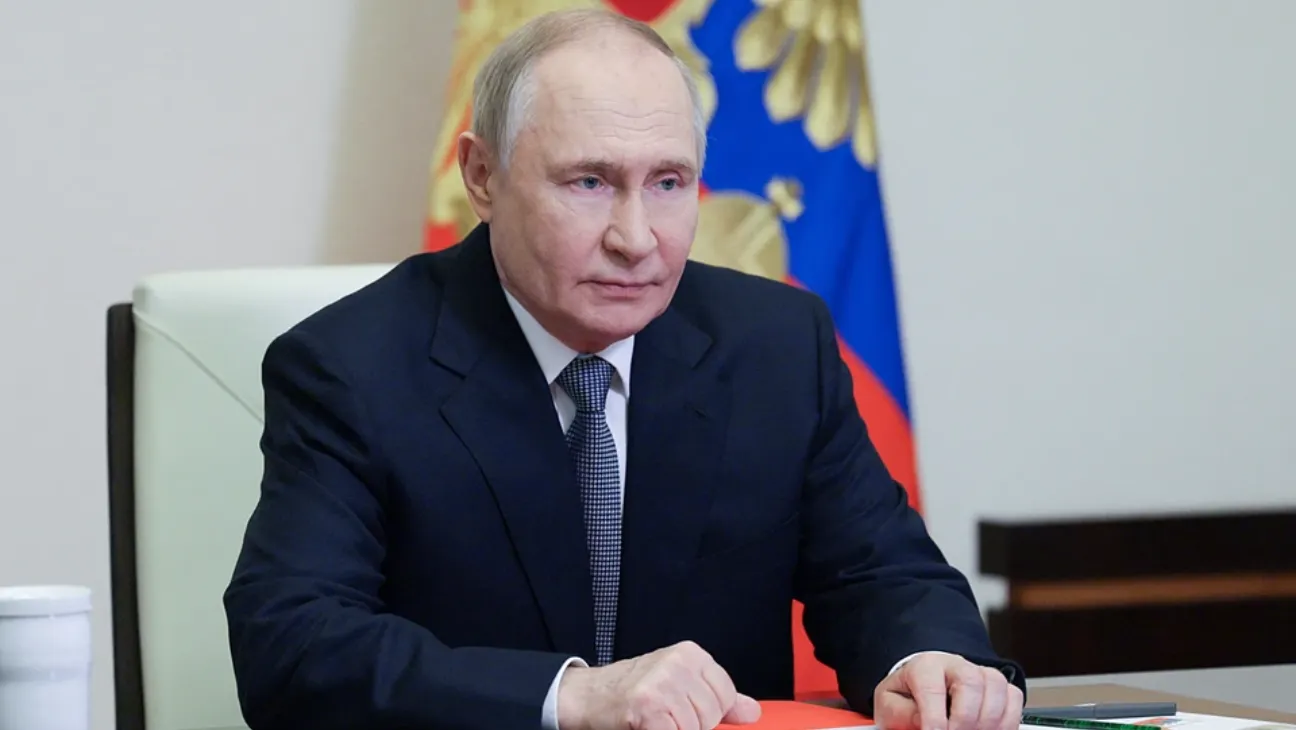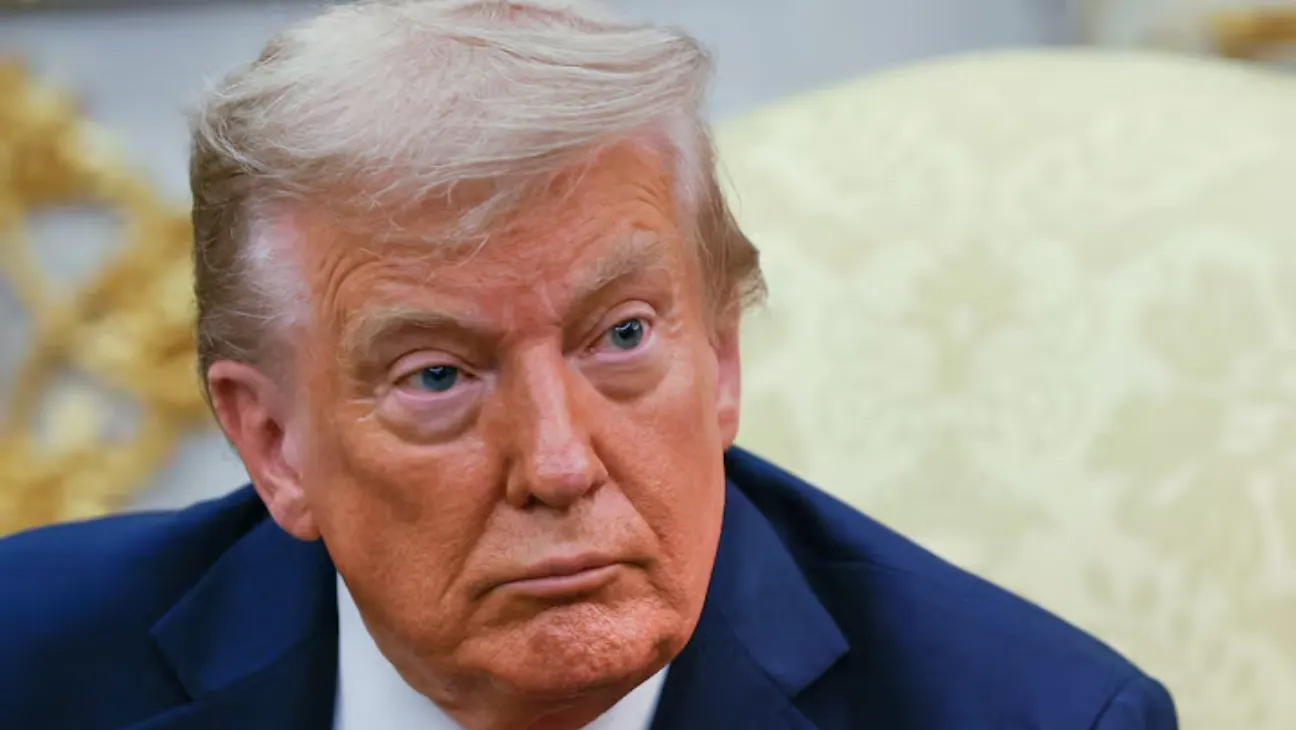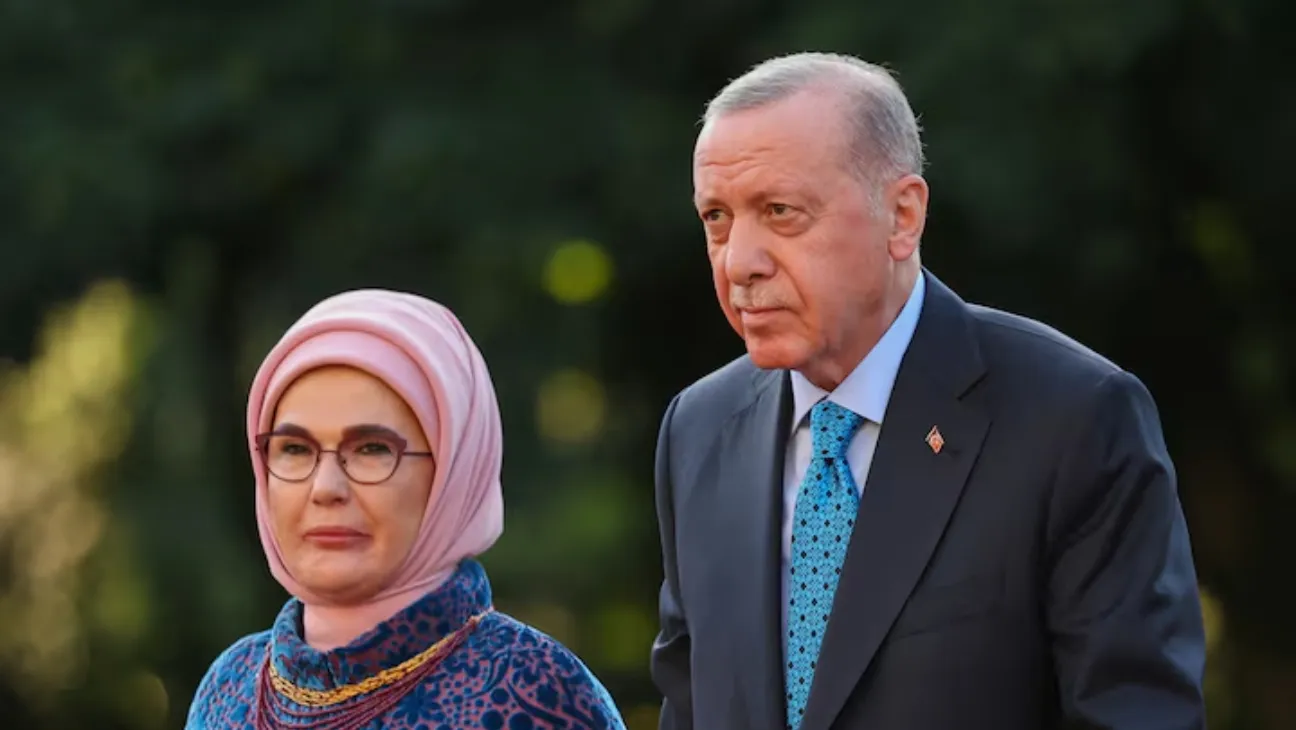President Vladimir Putin on Friday signed a sweeping decree outlining Russia’s new state policy on language, calling the Russian language a national treasure and foundational to the country’s unity.
This decree isn’t just about grammar; it’s about power. It frames the Russian language as the very heart of a global “Russian world,” an identity that transcends borders.
The Kremlin’s messaging hits two key notes: unity and freedom. They say Russian brings the diverse country together, while also vowing to protect smaller, regional languages. But there’s a non-negotiable condition buried in the policy: everyone else has to play by Moscow’s rules, and that means using the Cyrillic alphabet.
Among the decree’s goals is strengthening traditional values and pushing back against what the government described as attempts to “cancel” Russian culture or media. The policy lays out specific protective measures.
These include:
- Reducing excessive foreign language borrowing
- Mandating Cyrillic signage in public spaces
- Testing language proficiency and integrating migrants
- Supporting modern Russian literature and filtering children’s books that violate moral norms
- Protecting minority languages through standard curricula and unified textbooks
- Expanding the global promotion of Russian language education
The government has been tasked with developing concrete steps for implementation. A new agency may be created to oversee the language policy.
The document was also accompanied by a series of presidential directives, some connected directly to the decree and others aimed at social development.
One key initiative is a “children’s book card” for kids aged 3 to 6. Each child will receive a card loaded with 3,000 rubles to spend on a curated list of affordable books. Officials have been asked to finalize the list and ensure each child can buy at least ten titles.
Putin also instructed his administration to establish a national Day of Languages of the Peoples of Russia and to launch an all-Russian song-poetry competition.
In the educational sphere, a centralized methodological center will be created to oversee Russian language instruction globally.
The remaining directives focus on accessibility and sports.
All taxi services will be encouraged to transport passengers with disabilities through a structured incentive program.
A new “Defenders of the Fatherland Cup” will be held annually starting in 2026, intended for athletes who have taken part in military action.
Rewards for Olympic, Paralympic, and Deaflympic medalists and their coaches will be increased.
An international sporting event called “We Are Together: Sport” will also be organized for athletes with disabilities.
The decree also includes a major social promise: to build at least ten new, fully-equipped rehab centers for people with disabilities by 2027. But this announcement isn’t happening in a vacuum.
It comes as Russia is doubling down on its national identity, and increasingly using domestic policy as a tool to do it. In this new landscape, language has been turned into both a political symbol and a state strategy.









